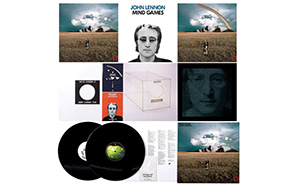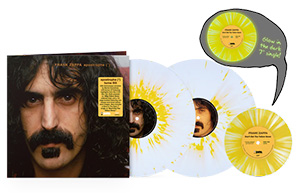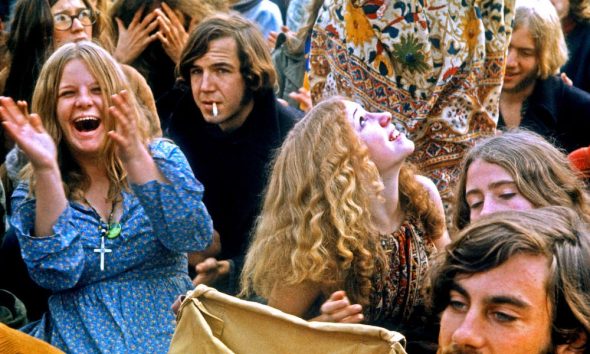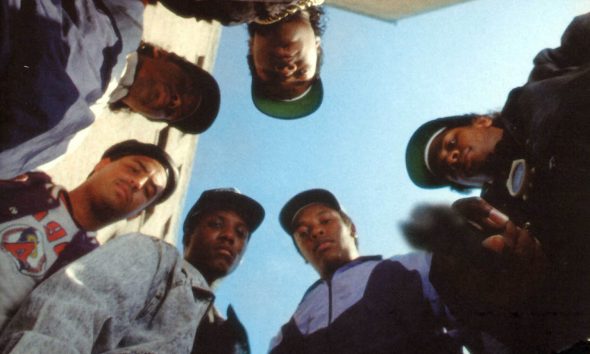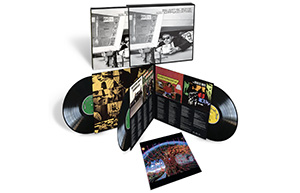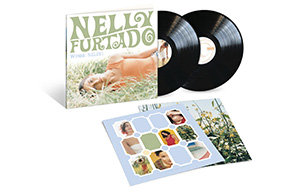Gimme Some Truth: When John Lennon Faced US Deportation
On July 18, 1974, the former Beatle was officially told (again) to get out of the United States.
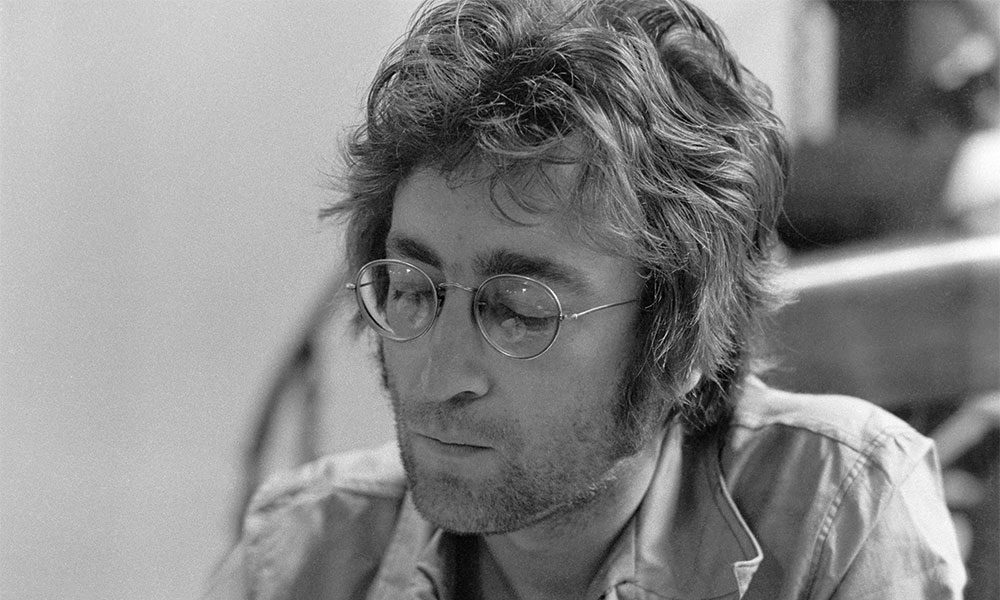
Considering the latter-day, beloved status that John Lennon enjoyed as a world citizen who promoted peace and harmony, it almost beggars belief that on July 18, 1974, the former Beatle was officially told (again) to get out of the United States.
That was the day newspapers reported that Lennon had been told by the Board of Immigration Appeals that he had until September 10 to leave the country or face deportation. Not exactly the news he wanted to hear, as he set to work at the Record Plant studio in New York, self-producing what would become his fifth studio album, Walls and Bridges.
The board dismissed Lennon’s petition to delay its decision until the conclusion of pending lawsuits that contested his deportation. But Leon Wildes, John’s lawyer, said that an appeal would be filed and it “would be years before the case is resolved.” Lennon’s wife, Yoko Ono, was granted permission to stay in the US as a permanent resident alien.
A threat to Nixon?
John’s high profile, anti-Vietnam War protests and peace campaigning had made him a thorn in the side of the US authorities for years. Although it now seems an absurd suggestion, President Richard Nixon actually believed at the time that they could damage his chances of re-election.
Lennon was challenging the order the previous year by a federal immigration judge that required him to leave the country because of his UK conviction in 1968 for possession of marijuana. The events surrounding his battle to stay in the States would become the subject of the 2006 film The US vs. John Lennon.
‘We are not unsympathetic’
The Board of Immigration voted by four to nil to issue the ruling, with one member not participating. “We are not unsympathetic to the plight of the respondent and others in a similar situation under the immigration laws, who have committed only one marijuana violation for which a fine was imposed,” they wrote. “Nevertheless, arguments for a change in the law must be addressed to the legislative, rather than the executive branch of government.”
Listen to the best of John Lennon on Apple Music and Spotify.
As events turned out, by the time Lennon made his appeal on August 31, Nixon had resigned over the Watergate scandal, and his successor Gerald Ford showed little appetite to continue deportation proceedings. Walls and Bridges was duly released at the end of September, and the following year, the order was overturned by New York State Supreme Court judge Irving Kaufman.
“The courts will not condone selective deportation based upon secret political grounds,” said Kaufman in his ruling. He added: “Lennon’s four-year battle to remain in our country is a testimony to his faith in this American dream.” In 1976, John was finally given his green card.
Buy or stream the album Lennon was making at the time of the deportation order, Walls and Bridges.


